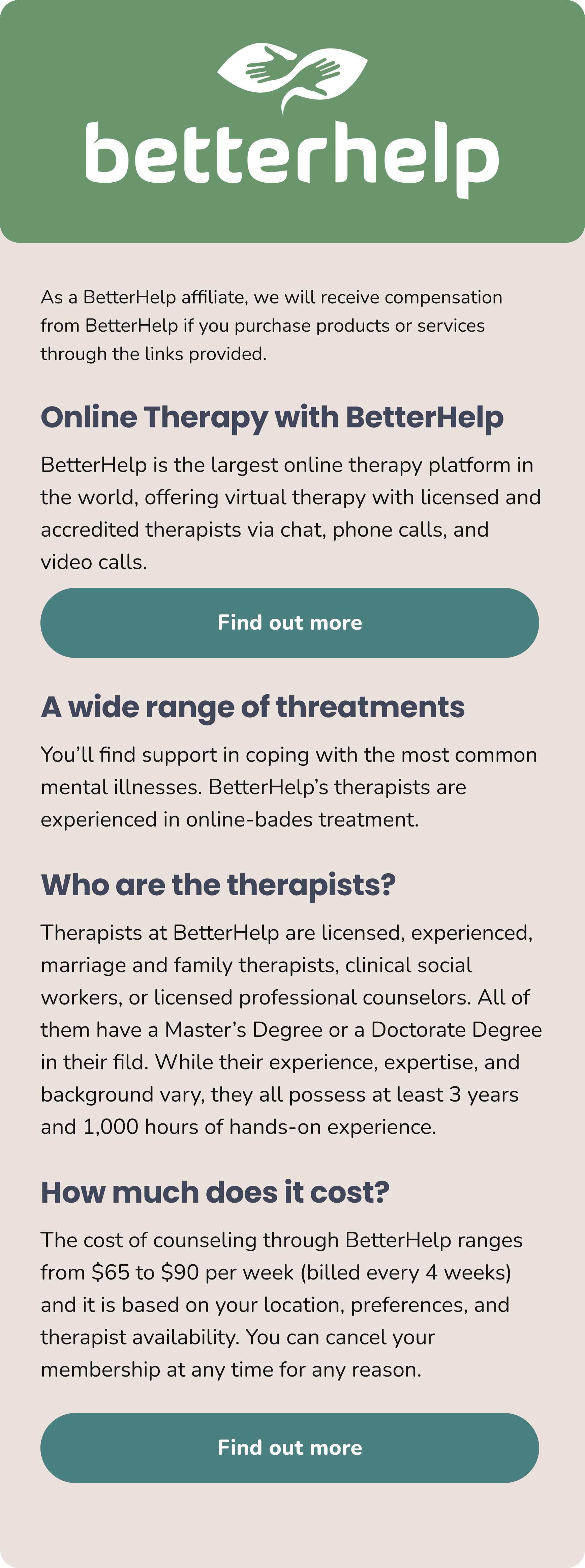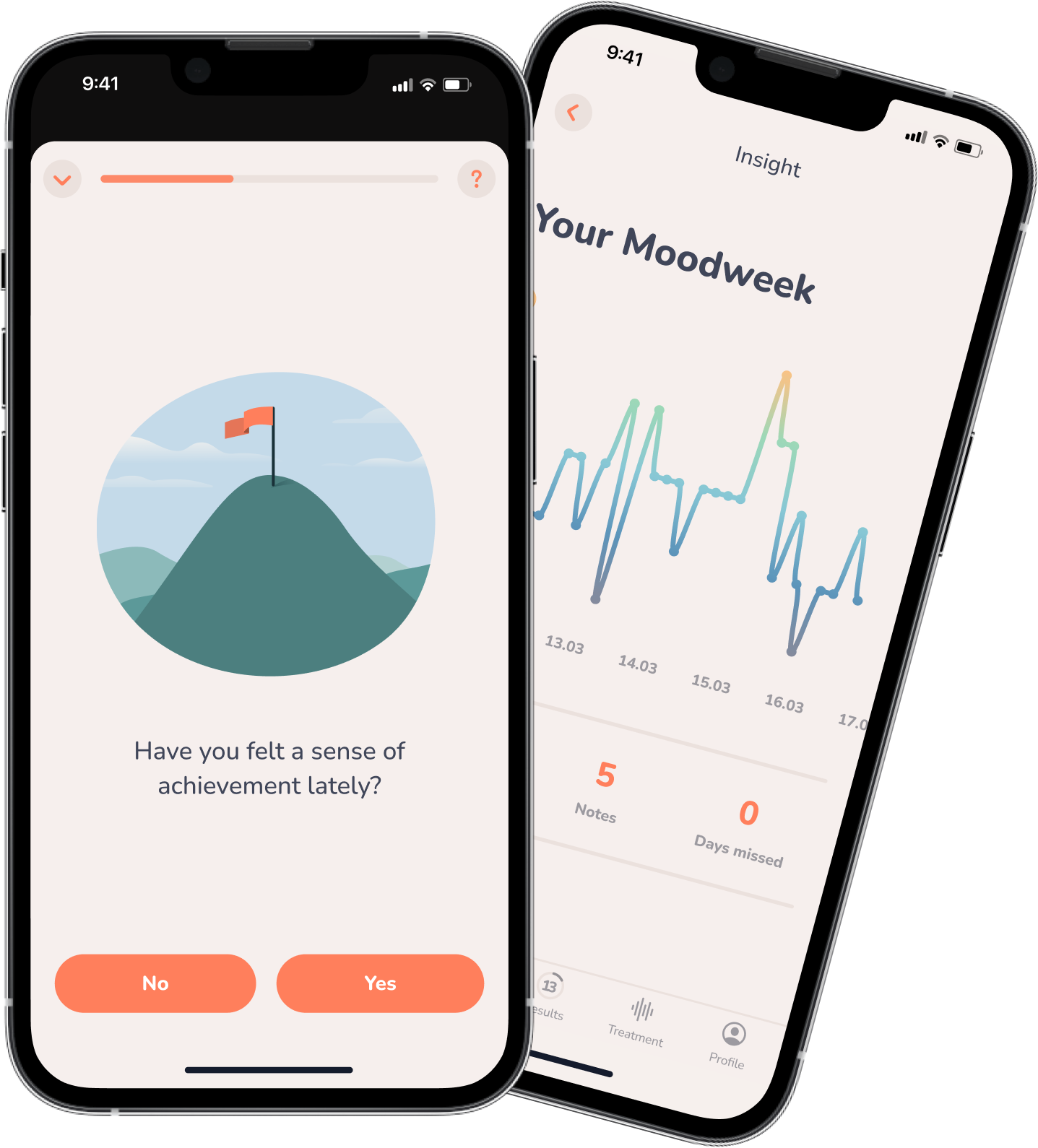Insight
When Self-doubt Consumes You – Identify and Stop It
Is self-doubt unhealthy? Why is it so hard to stop? What can it lead to and how can I change it?
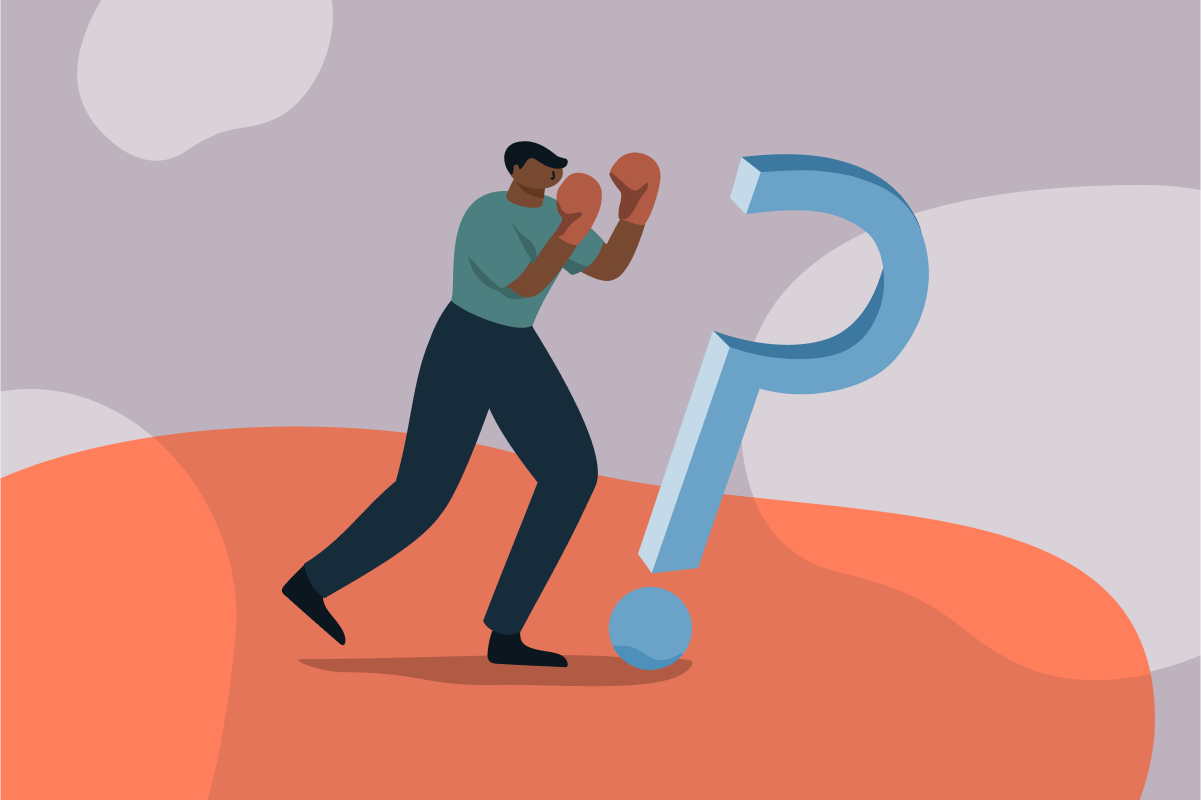
Most of us have experienced self-doubt at some point in our lives. It’s what we do with it, how we cope with it, that means the difference between struggling chronically with self-doubt and letting it go fairly quickly. If we experience regular self-doubt we may ask: Why does everyone else seem to be doing so well when I am struggling so much?
Healthy Self-doubt
Some level of self-doubt in certain situations can actually be healthy. Self-doubt exists, after all, to help us recognize we’re not always right. With self-doubt we question and challenge ourselves as we reflect inward. With some self-doubt we have humility and can relate better to others.
Unhealthy Self-doubt
However, in a society that values the extraordinary, it’s way more common for self-doubt to become a chronic state. When it does, we often begin to “stand in our own way” and have a hard time seeing that there are also good things about ourselves. This is unhealthy self-doubt.
When we can’t see our own good qualities, it’s difficult to maintain motivation. We may believe that we’ll never achieve our goals, that we don’t have talent, are not worthy of our position or partner. Small failures begin to be proof of our unworthiness. Unhealthy self-doubt can be compared to a greedy parasite that consumes more and more of you, feeding on your self-esteem, self-worth, and self-efficacy.
The Inner Critic
There are psychological mechanisms self-doubters use to uphold and perpetuate their unhealthy attitude toward themselves.
“I can’t”—The Self-fulfilling Prophecy
The way we speak to ourselves repeatedly over time eventually forms grooves in our neural pathways. If we tell ourselves some form of “I’m a loser,” “I’m incapable of doing this,” “I’m no good,” eventually these thoughts become ingrained in our psyche and become our truth. Two simple words lay at the core of this way of thinking: “I can’t.”
When we’re convinced we can’t, we make less of an effort. Why bother, after all? With less effort, we increase our chances that we won’t succeed, reinforcing our own negative beliefs and creating a vicious cycle.
“I didn’t”—Self-sabotaging
If you’re worried you won’t pass a test, for example, it might be tempting not to study at all. This way, once you’ve failed you can blame it on not studying.. It is an inventive way to shift the blame away from ourselves and onto something outside ourselves. So, it wasn’t you or your capabilities that failed, it was the situation. Had you studied, you would have passed. But you didn’t study and that’s why you didn’t pass.
Self-sabotaging emerges from a fear of failure. It loves procrastination. Keeping this up too long, however, will eventually lead to what you were trying to avoid all along: You will begin to believe that you’re incapable of success because you have forgotten how well you do when you try.
“I shouldn’t”—The Impostor Syndrome
The impostor syndrome is strongly connected to self-doubt. It describes the unreasonable feeling of being a fraud in disguise, with achievements gotten through luck rather than personal ability or effort. You feel that it’s only a matter of time until people around you discover this and reveal your true self.
This imposter syndrome often accompanies depression and anxiety and can also be used as a predictor for these emotional challenges. Essentially, by assigning your achievements to factors outside yourself, you’re preventing yourself from seeing that you’re just as worthy as everyone else. For more on the impostor syndrome, see this video.
“I’m terrible”—Lack of Self-kindness
By denying your own sense of achievement you’re also contributing to a larger issue related to a lack of self-kindness. While we usually are quite supportive and nurturing of friends in need, we tend to be much harsher with ourselves. Studies show that the lack of self-kindness can predict self-doubt. Individuals who are kinder to themselves tend to accept, rather than deny, their deficiencies and are better able to encourage themselves to do better. Because those with high self-doubt have a greater need for approval from others, they worry more about failures and negative evaluations and are harsher in their self-judgments. This leads to a tendency toward isolation.
Self-doubt— Risk Factor for Depression
Numerous studies have found a connection between steady self-doubt and psychological problems such as mood swings, lower self-esteem, anxiety, and depression. In fact, many of the symptoms used to diagnose depression correspond with patterns of self-doubt. When self-doubt causes a loss in motivation or concentration, or feelings of indecisiveness, guilt, shame, or worthlessness, this is when depression can set in.
Depression may bring a pessimism about the future, avoidance of responsibility, social isolation, and anxiety or phobias. Therefore, don’t downplay depression! If there’s a possibility you’re depressed, don’t doubt that as well!
How to Break the Cycle of Self-doubt?
“If you hear a voice within you say you cannot paint, then by all means paint and that voice will be silenced.” – Vincent Van Gogh
You can also work on giving yourself credit where credit is due. The accomplishments you have worked for are real. Recognize the difference between arrogant bragging and a realistic acknowledgment of how hard you’ve worked toward something. It’s good to be proud of your hard work!
Self-doubt Fades When We Connect with Others
Sometimes we forget how critical we can be toward ourselves. Good friends can be a very effective personality mirror. They can reflect things back to you that you may have difficulty seeing for yourself. If you don’t know how to start this conversation, you could simply ask: “What do you like about me?”
Isolating yourself can make the downward spiral worse, giving your harmful inner voice more fuel for destruction. Even if you don’t feel like it, spend time with others. You will likely find you’re not as alone as you thought.
Self-doubt Fades When We Connect with Ourselves
Some people find it helpful to keep a journal as putting thoughts to paper can encourage new realizations. Tracking your mood can have a similar effect. There is a great opportunity for growth, just by observing your own patterns. MindDoc can help with this. MindDoc is a mobile app created to detect depression and help you help yourself, using your phone. Every two weeks, you will receive a sound assessment of your mental health. If you’re struggling with self-doubt it is helpful to monitor these feelings to be sure they’re not leading to depression. You can also use the many guided and interactive courses and resources MindDoc offers to help you work to improve your self-confidence. If you don’t know where to start—start here!

People-Pleasing — When the Fear of Rejection Becomes a Trap
Are you a person who places a high value on kindness, consideration and helpfulness? Or … maybe you tend toward what’s called “people-pleasing”?
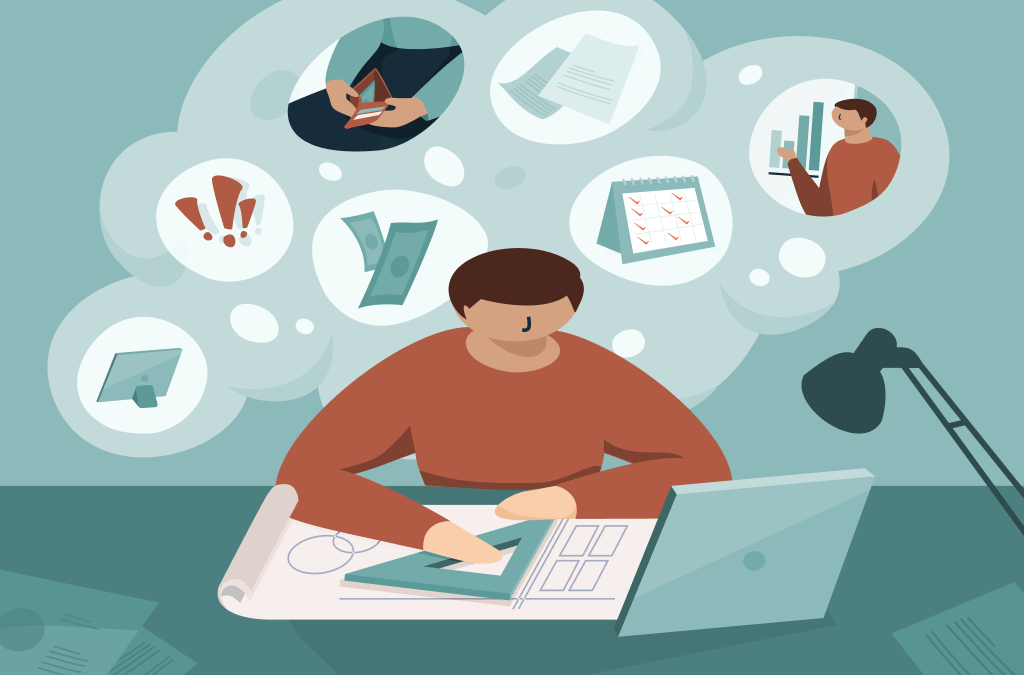
Psychological Needs in the Workplace: How to Meet Them
Deadlines, conflicts, pressure to perform—many people grapple with stressors at work. The extent to which these weigh on someone depends in large part on whether psychological needs are being met at work.
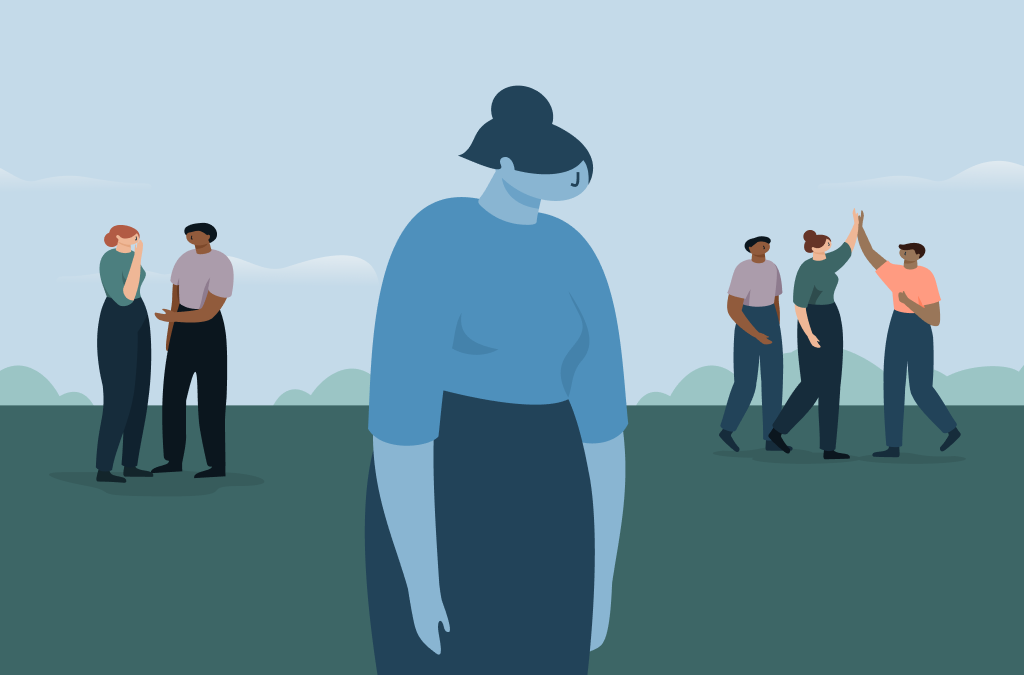
High-Functioning Depression: The Hidden Suffering
When people think of depression, usually intense sadness, low energy, social withdrawal, difficulty getting out of bed, and managing daily life come to mind. But this is not always the case.
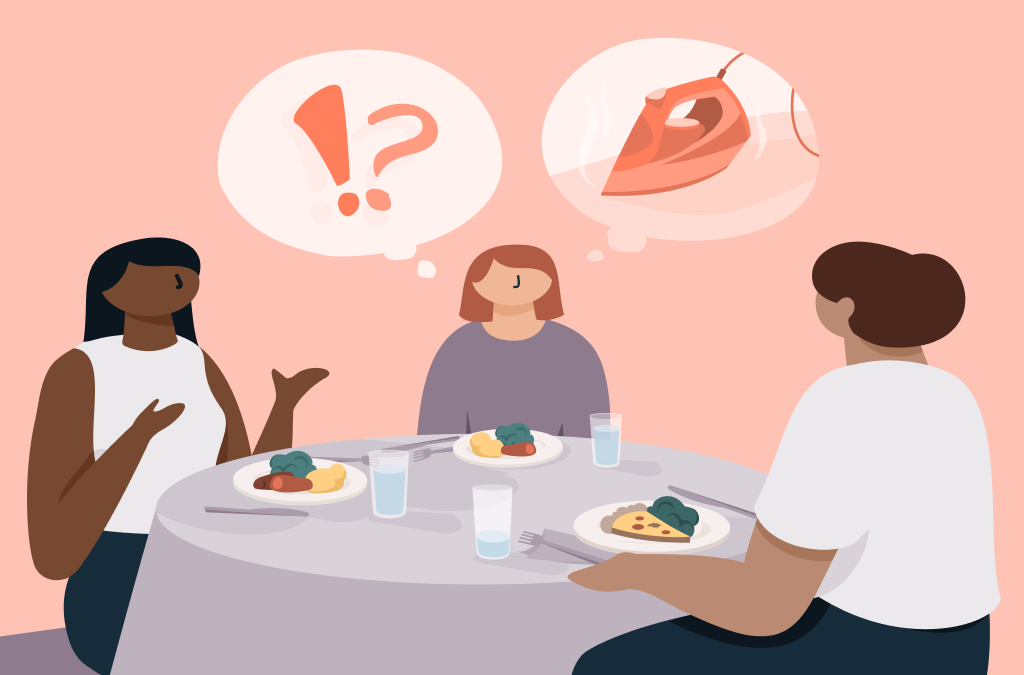
Obsessive-Compulsive Disorder: When Thoughts and Actions Become Torture
In this article, we explore what characterizes such thoughts and behaviors as well as how they can be treated.
